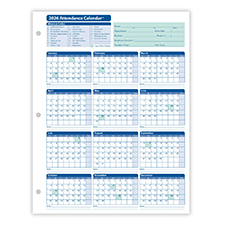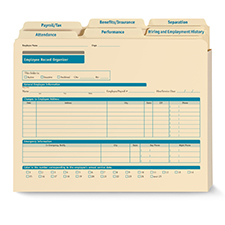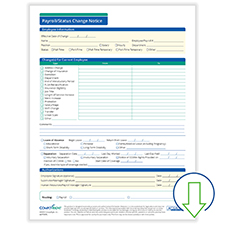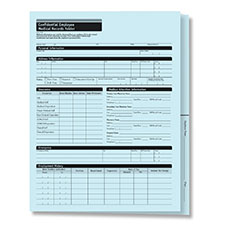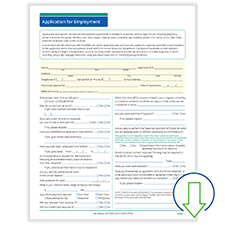
As Americans, we have a right to free speech. But does that protection apply to the workplace?
Many people wrongly assume the First Amendment to the U.S. Constitution entitles them to express their views whenever and wherever they want. However, regarding freedom of speech in the workplace, this protection extends only to public sector (i.e., government) employees. With few exceptions, private employers aren’t required to let free speech reign throughout the workplace.
Is Freedom of Speech Protected in Private Workplaces?
The National Labor Relations Act (NLRA) gives private-sector employees the right to discuss their working conditions, which is considered “protected concerted activity.” They can share information about pay, benefits, safety and other work-related issues — and they can do it in the break room, at happy hour or on social media (such as Facebook and Twitter).
Real-world example of workplace freedom of speech:
Situation: A group of employees who worked for a retail store in a touristy area of San Francisco were concerned about their safety due to their store’s closing an hour later than other nearby stores. After unsuccessful discussions with the manager and later, the owner, the employees posted their frustrations on Facebook. An employee who saw the posts showed them to the owner, and subsequently, the other three employees were fired.
Ruling: The National Labor Relations Board reviewed the Facebook posts and determined they were acceptable. The employees were discussing the store’s closing earlier based on legitimate safety concerns, so the posts were considered protected under the NLRA. It was determined that the employer committed an unfair labor practice by firing the employees.
Many people wrongly assume the First Amendment to the U.S. Constitution
entitles them to express their views whenever and wherever they want.
Are There Limitations on Freedom of Speech at Work?
There are limits to what the NLRA covers, however. Beyond work-related conversations, the following employee activity is not legally protected:
- Sharing confidential company information or trade secrets
- Controversial political views
- Rude jokes or comments
- Profanity
As a responsible business owner, you also need to be diligent about preventing harassment and discrimination. Therefore, any offensive remarks about race, gender, religion, age or sexual orientation should be banned. It doesn’t matter if it happens at your workplace, at an off-site conference or on social media. If an employee makes discriminatory comments or creates a hostile environment for others, discipline is warranted.
Private employers can fire or discipline employees for speech they deem
disruptive, offensive, harmful to the company's reputation, or confidential.
How Can Private Employers Set Boundaries on Employee Speech?
Private employers can — and should — set parameters on employee speech that doesn’t fall under the NLRA umbrella. Outlining company rules and expectations in a comprehensive employee handbook is a critical first step in letting employees know what’s permitted.
Your policies should clearly explain that you won’t tolerate intimidating, discriminating or harassing behavior, or anything that interferes with workplace productivity. If political discussions fall under those parameters, specify that.
It’s important, too, that guidelines regarding freedom of expression be carefully crafted and uniformly enforced so all employees are treated equally. Do your part to inform employees, and then trust them to do the right thing. Exercising control is necessary, but you also need to be reasonable and allow employees to engage with one another.
Easily Develop and Communicate Legally Sound Policies
When establishing workplace policies, you want to be certain they’re fair, appropriate and legally compliant. Hiring an employment attorney is certainly an option, but this can be costly.
For a more affordable approach, consider using the Web-based Company Policies Smart App. This easy, online solution helps you create, manage and share a full range of attorney-developed workplace policies in minutes. Another option is our State-Specific HR Policies Library for 12 months of legal monitoring and immediate access to 50+ policies for each state. Determine which service is right for your business here.





 Shopping cart
Shopping cart